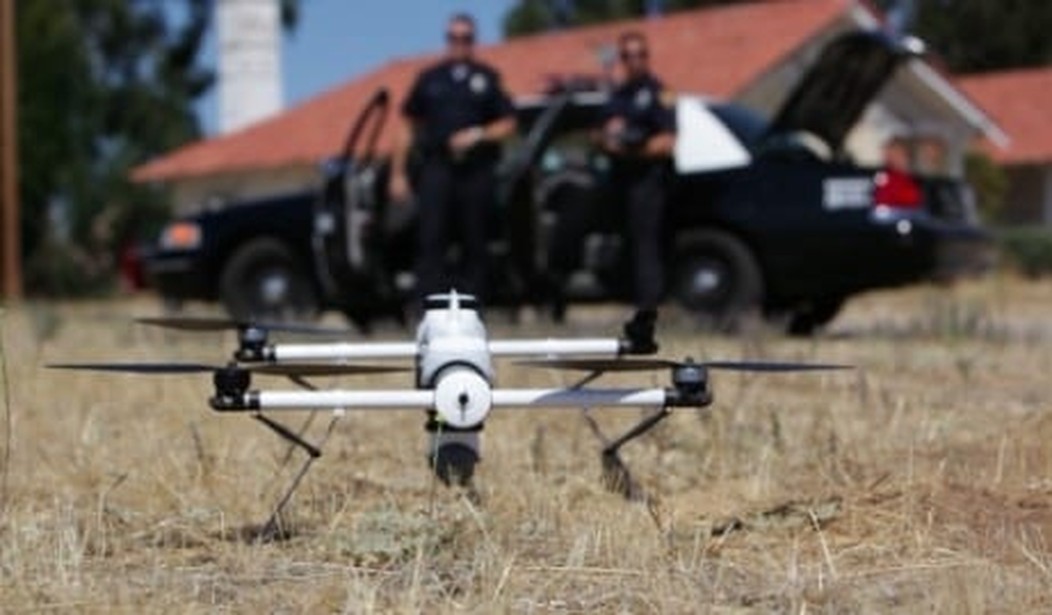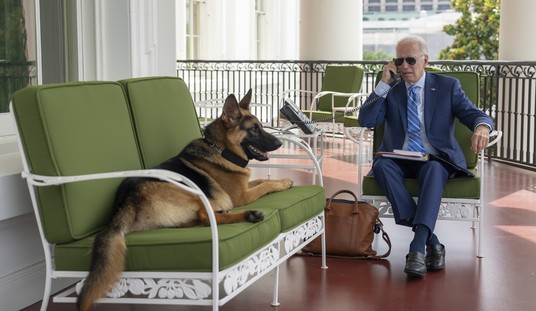WASHINGTON — Advocates of unmanned systems technology contended at a Tuesday debate that privacy activists are harming the drone industry, while the ACLU countered that Americans should be watching the government — not the other way around.
Ben Gielow, government relations manager and general counsel at the Association for Unmanned Vehicle Systems International, said on a panel at the industry group’s megaconference in Washington that “people are not truly talking about privacy issues; they are attacking this industry.”
“Our concern is that a lot of these privacy issues… could really impact this industry in the long run,” he added.
Gielow asserted that legislation on the state and federal level targeting domestic drone use unfairly singled out the industry when there are other technologies privacy advocates could be trying to regulate through legislation as well, including satellites and street cameras.
“If you’re always legislating the newest technology there’s always going to be the new, new thing,” he said. “…This industry is jeopardized by the issue of privacy.”
The AUVSI rep also noted that the battle versus drone surveillance had united the American Civil Liberties Union and members of the Tea Party, such as on one bill in the House, introduced by Reps. Ted Poe (R-Texas) and Zoe Lofgren (D-Calif.), where Reps. John Conyers (D-Mich.) and Louie Gohmert (R-Texas) share co-sponsorship.
Jay Stanley, a senior policy analyst at the ACLU, said there’s a reason for that when unmanned surveillance technology can be used to videotape political rallies “both on the conservative side of the spectrum and the liberal side of the spectrum.”
Stressing that “we don’t want to live in an America” where there’s a fear of being watched from sun-up to sundown, Stanley cautioned that there’s “pent-up demand” for drone use by cities and law enforcement agencies.
“We are going to see police agencies in this country want to put these over our neighborhoods and track all the time,” he said. “…There are probably a lot of good uses for drones…we’re focused on mass suspicionless surveillance.”
Greg McNeal, a law professor at Pepperdine University and Forbes contributor, charged that the “privacy lobby” was “tapping into a vein of paranoia that the general public has.”
Citing Poe’s Preserving American Privacy Act of 2013 as “the bill that’s most likely to get passed most likely to blow a hole in your bottom line,” McNeal said “these bills are being poorly drafted to address the privacy concerns that are being blown out of proportion by the ACLU, by Rand Paul and others.”
Poe’s bill, which has 22 diverse co-sponsors, amends the federal criminal code to require a governmental entity operating a public unmanned aircraft system to minimize the collection or disclosure of covered information.
“As we enter this uncharted world of drone technology, Congress must be proactive and establish boundaries for drone use that safeguard the Constitutional rights of Americans,” Poe said upon introducing the bill in February. “Individuals are rightfully concerned that these new eyes in the sky may threaten their privacy. It is the obligation of Congress to ensure that this does not happen. Just because Big Brother can look into someone’s backyard doesn’t mean it should. Technology may change, but the Constitution does not.”
“I’m shocked when I walk the trade show floor here by the lack of attention to this issue mostly because it’s a business opportunity,” McNeal said, stressing that the first company to sell drone technology with built-in auditing including logs and date/time stamps would be “two to three years ahead of the privacy curve” and able to sell it to states facing anti-drone legislative action.
“Unmanned systems can be more accountable than manned systems,” McNeal said.
He echoed Gielow’s concerns about legislation not taking a “technology-neutral stance.”
“If we’re concerned about always being watched, then we should be concerned about being watched by a camera on the telephone pole as well as the unmanned system,” continued McNeal. The bills just focused on drones, he said, tap into “dystopian fears of robotics and unmanned systems.”
Stanley argued that that drone surveillance will go 24/7, 365 sooner than later, so “good protections” need to be enacted now.
“If you had a police officer following you 24/7 you’d freak out,” he said. “…There is a wave of concern in the country about drones… they are a very powerful surveillance technology and they do need to be regulated.”
Doug Marshall, division manager of the UAS regulatory and standards development program at New Mexico State University, said six states have some sort of law on the books regarding drone use and 41 others have legislation up for consideration, resulting in the risk of “a jigsaw puzzle of conflicting regulations.” Ultimately, airspace is a federal issue and states can just control use by their agencies.
Marshall predicted the privacy implications of drone use will make it to the Supreme Court within the next two or three years — “a scary thing for all of us to have in this industry.”
Stanley, though, said once privacy protections are spelled out by law — federal law being the ACLU’s first choice, with state laws their second choice — “that will be good for the drone industry.”
He stressed that they don’t have the same objections to private drone use, which carries First Amendment implications, as they do to government use. “We think photography is something that people should use to watch over the government,” Stanley said, adding later they support an “individual with the ability to watch the government but not government watching the individual.”









Join the conversation as a VIP Member